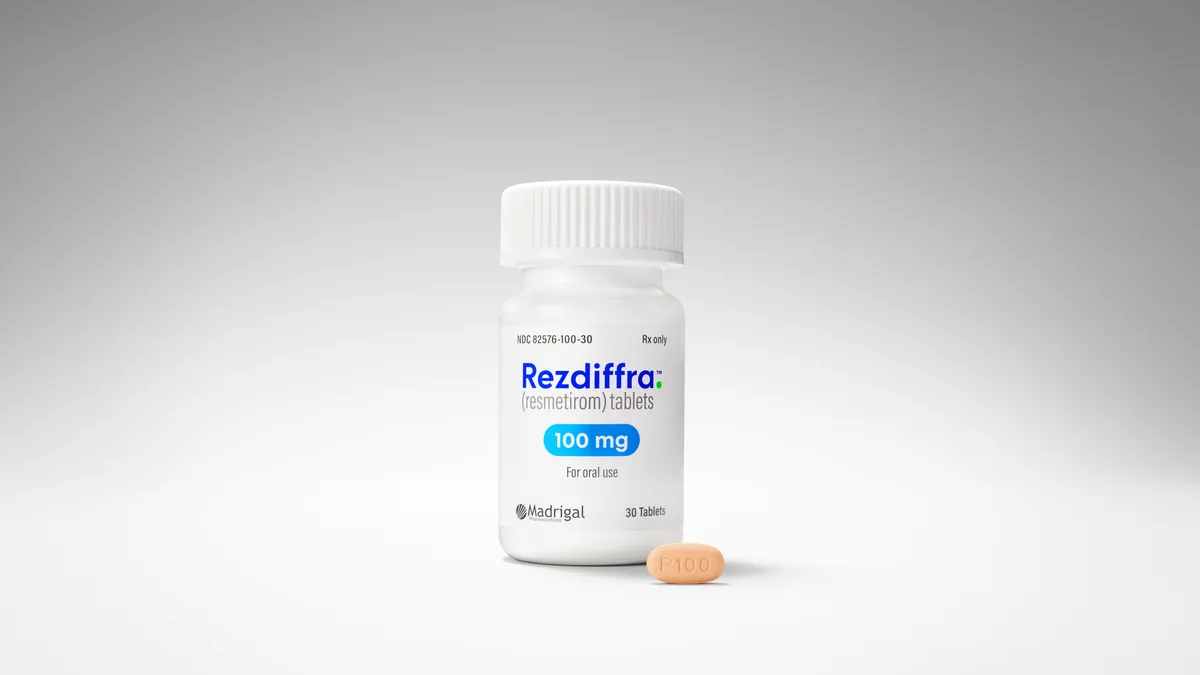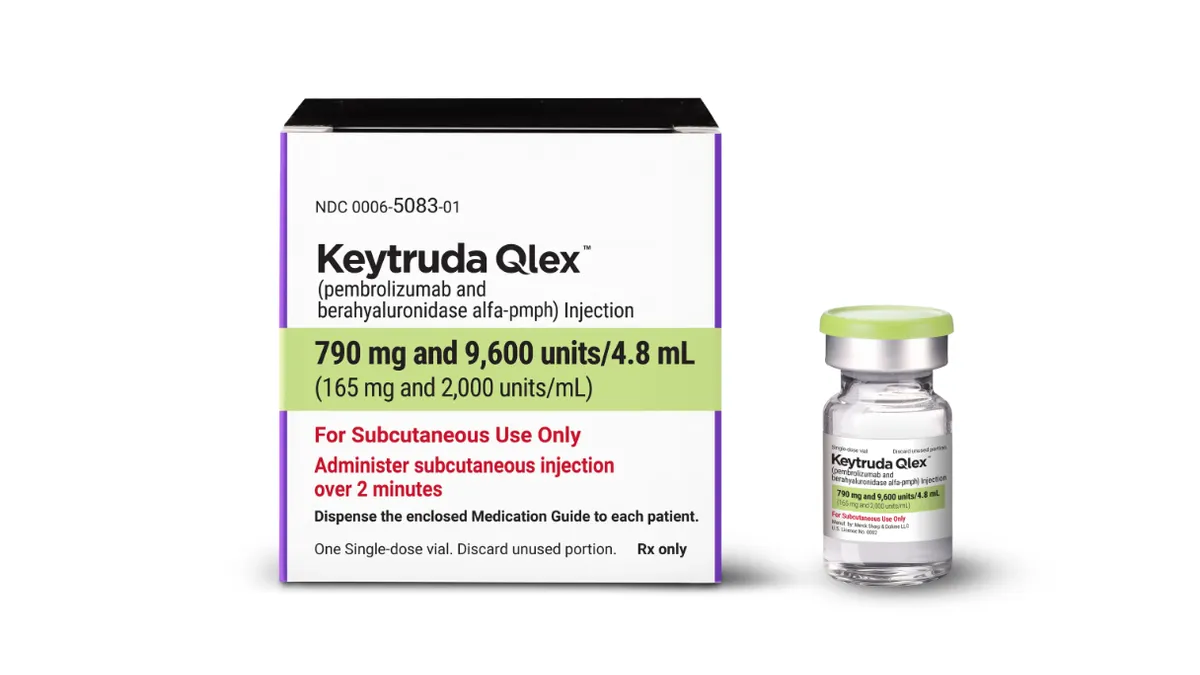The economy is on solid footing, interest rates are dropping and the stars are aligning for pharma companies to offset patent expirations with new drugs. But amid these favorable market dynamics lies a weighty uncertainty: tariffs and other economic levers promised by the new presidential administration.
The incoming Trump administration has pledged to impose broad levies, with tariffs as high as 60% on Chinese goods and 20% to 25% on those from Canada and Mexico. The unresolved Biosecure Act could also deal a blow to China as the U.S. aims to shore up national security by prohibiting companies that receive federal funds from making business deals with five key Chinese biotechs. The legislation has stalled in the Senate, but some experts expect it to ultimately gain approval, potentially reshaping supply chains through 2032, said Arda Ural, EY Americas industry markets leader for health sciences and wellness.
Companies would be wise to get ready, Ural said.
“We expect the president-elect to continue to promote on-shoring, near-shoring and to use tariffs and other economic levers to implement his economic, national security and foreign policy priorities,” he said. “Agile companies will understand and be prepared for these externalities.”
An international pivot
Tariff promises might not translate directly into policy, Ural said. Even so, many companies have begun shifting operations away from Chinese businesses, which make up 13% of global active pharmaceutical ingredient manufacturers. But these are capital-intensive, long-term strategic moves, Ural said. Some are reshoring to the U.S. or looking to other countries such as Vietnam as China loses its appeal.
“If there are new unknowns, they will probably come from the geopolitical side of the house."

Arda Ural
Americas industry markets leader, health sciences and wellness, EY
“Vietnam may emerge alongside India in secondary and tertiary markets to de-risk China’s geopolitical [position],” Ural said. “Those are happening real time.”
Mexico has also become an attractive alternative as companies look to diversify operations.
“Mexico has the added benefit of proximity and the same time zone,” Ural said. However, while Mexico has become a pharma hotspot, the effect of tariffs on the neighboring country is less clear.
An unequal burden
For branded pharmaceuticals, pivoting to avoid tariffs on APIs is inconvenient and costly but doable.
“This is not a situation where you need rare minerals — it’s not like these products don't exist anywhere else in the world,” Ural said. “It's just a matter of shifting the bases from China, which is a higher geopolitical risk, to more friendly manufacturing bases.”
But companies making generic products, hamstrung by cost constraints, are less nimble, and tariffs could ultimately drive up prices for consumers. On all counts, moves to mitigate the effects of tariffs on the industry will likely bring short-term pain.
“Moving pharma or medtech manufacturing from China to other countries is a complex and capital-intensive undertaking,” Ural said. “It encompasses reimagining supply chain processes and footprint, has tax implications, and certainly has regulatory implications to comply with FDA’s audit requirements and maintaining quality standards.”
Those pivots, however, can potentially lead to longer-term benefits, positioning companies for the future.
“While diversifying in this way is a massive capital-intensive undertaking both strategically and operationally, the good news is that it mitigates long-term geopolitical risk in an increasingly decoupled global economy,” Ural said.
The times, they are a-changing
U.S. economic indicators appear to be moving in the right direction to boost development, but there are additional uncertainties beyond tariffs. The industry has been uncharacteristically quick to adopt artificial intelligence, which has the potential to accelerate R&D and save money, Ural said. This year, the industry is likely to get some answers on how well that investment will pay off.
“We are probably past the hype cycle in AI right now,” Ural said, noting that now those technology investments have to deliver. “I am optimistic about AI’s ability to stick, but the question is to what degree.”
It’s not the only outstanding question.
“If there are new unknowns, they will probably come from the geopolitical side of the house,” Ural said.
For example, will China retaliate against antagonistic legislation and tariffs? Could it spark drug shortages?
“The ability to pivot in the next three to six months quickly will be key,” Ural said, adding that companies need to keep the focus on critical and fundamental priorities. “The discipline to focus on driving your own portfolio will be very important, because if there's no revenue, there's no margin — there’s nothing.”















